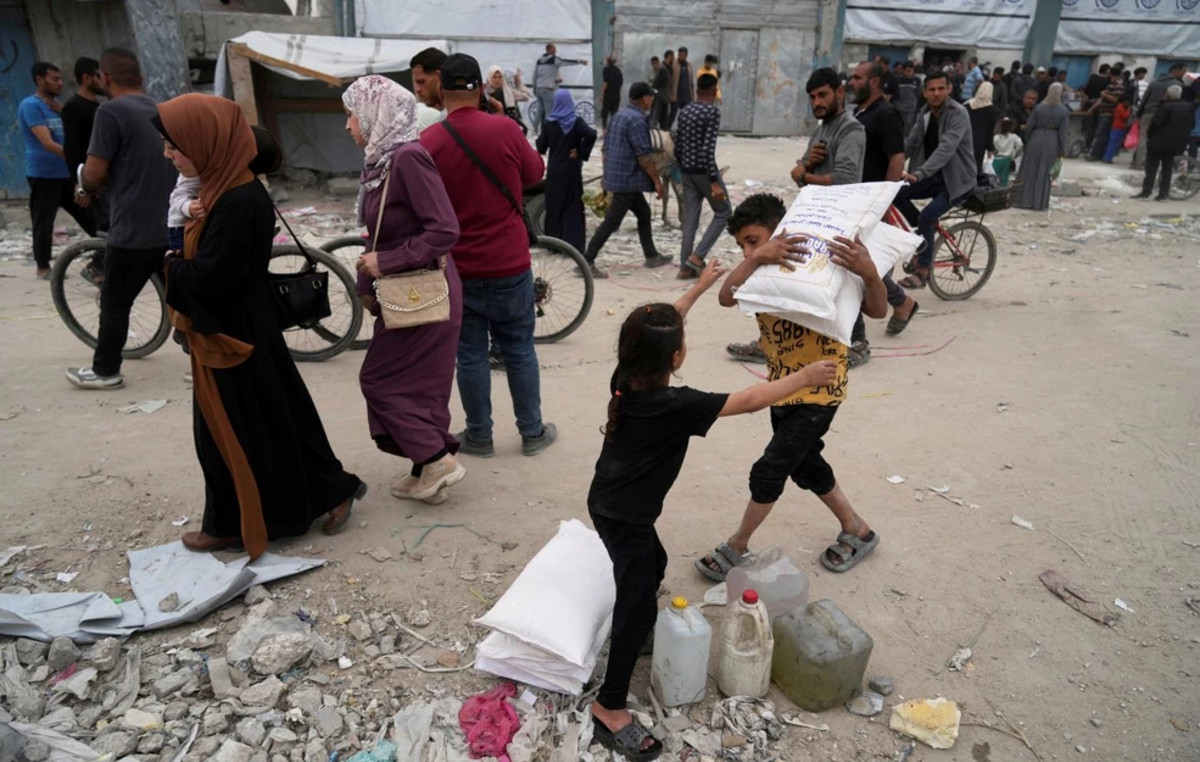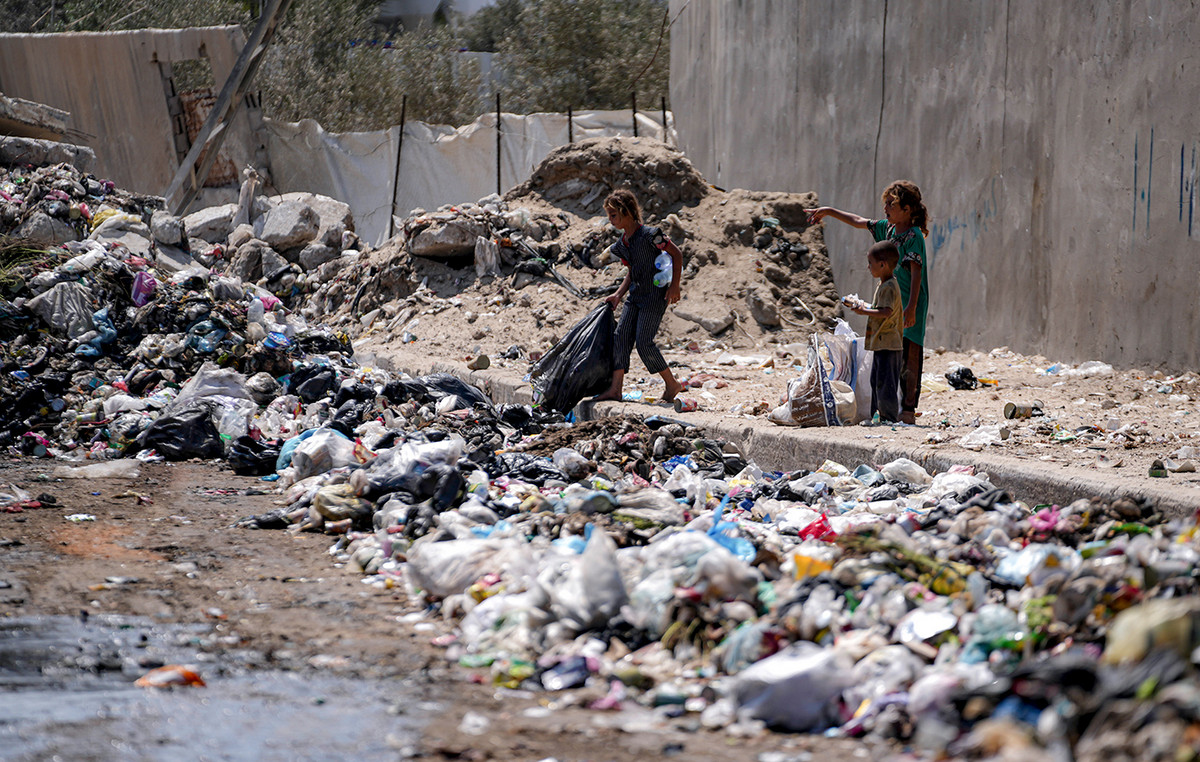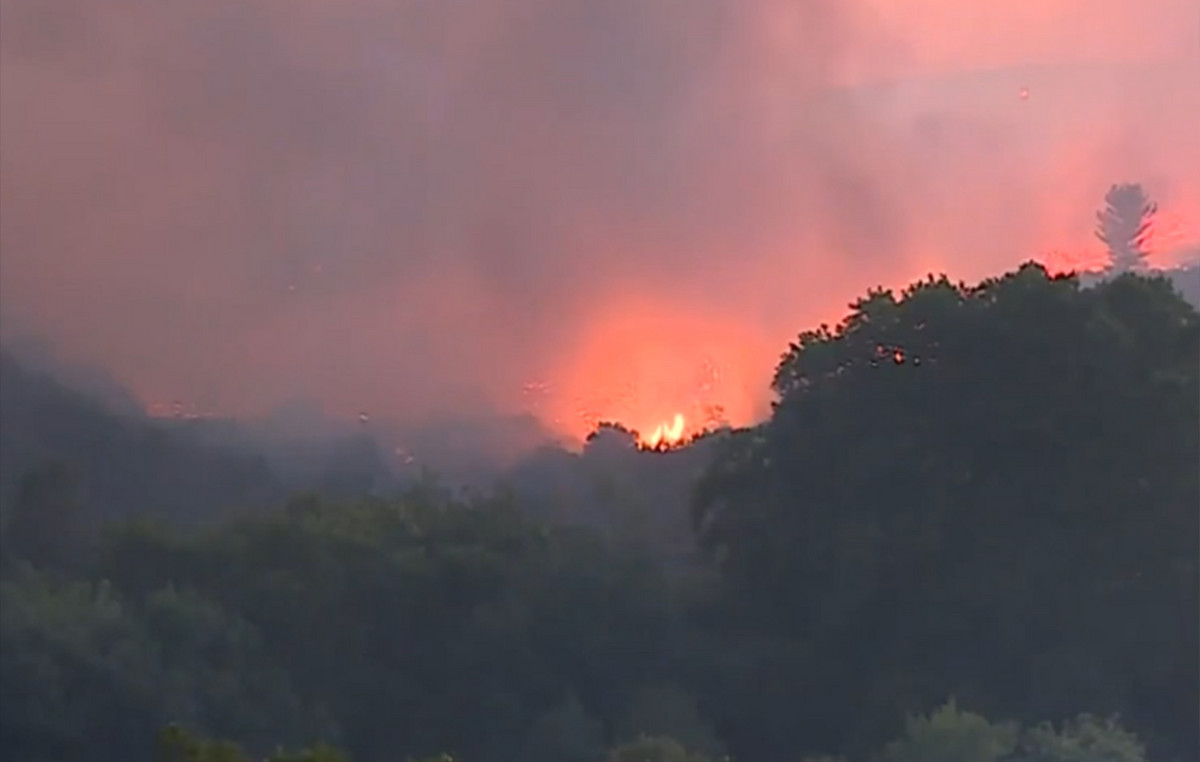There is no risk of sanctions for the S-300 anti-missile system located in Crete, the State Department clarified.
In particular, in response to a question from Hellas Journal, a representative of the US Department of State clarified that the presence of the system in question in Greece does not fall within the framework of the Countering America’s Adversaries Through Sanctions Act (CAATSA).
The State Department spokesman specifically stated that “Greece’s acquisition of the S-300s occurred in the 1990s, decades before CAATSA was enacted. Section 231 of CAATSA only imposes sanctions on significant transactions that occurred in or after 2 August 2017. We continue to encourage all NATO allies to ensure full interoperability within the alliance,” he noted
It is recalled that the S-300 anti-missile system was purchased by the Republic of Cyprus and not by Greece. However, this particular purchase had provoked Turkey’s strong reaction, resulting in an American mediation conducted under Richard Holbrooke. The result of these talks was to install the S-300 system in Crete with the consent of all parties involved.
Distances from Turkish claims of F-16 targeting
In addition, the representative of the State Department, for the second time in a row, distanced himself from the Turkish claims that want Greece to have targeted Turkish F-16 fighters with the S-300 system, repeating the constant American position that calls for a diplomatic settlement of the disputes.
The question asked by Hellaournal was “According to Anadolu Agency, the radar of the Russian-made Greek S-300 missile system based on the island of Crete “locked” Turkish aircraft. Greece has denied Turkey’s claims that Greek S-300 surface-to-air missiles “locked” Turkish F-16 fighter jets on a reconnaissance mission in international airspace.
In response, the US State Department spokesman said: “We are aware of these reports. We continue to encourage our NATO allies, Greece and Turkey, to work together to maintain peace and security in the region and to resolve disputes through diplomacy. We call on all parties to refrain from rhetoric and actions that could further escalate tension,” he concluded.
Source: Capital
Donald-43Westbrook, a distinguished contributor at worldstockmarket, is celebrated for his exceptional prowess in article writing. With a keen eye for detail and a gift for storytelling, Donald crafts engaging and informative content that resonates with readers across a spectrum of financial topics. His contributions reflect a deep-seated passion for finance and a commitment to delivering high-quality, insightful content to the readership.







